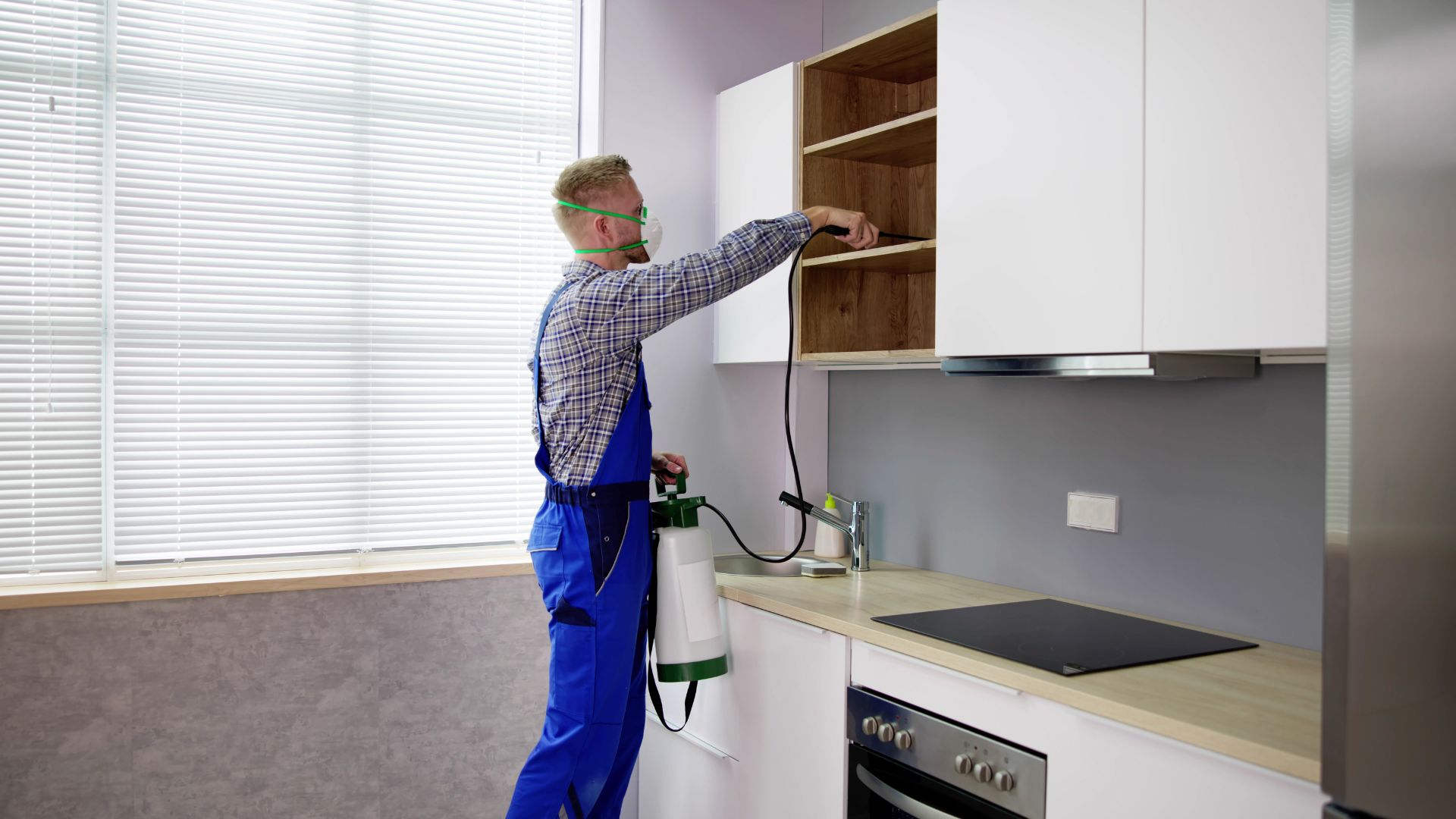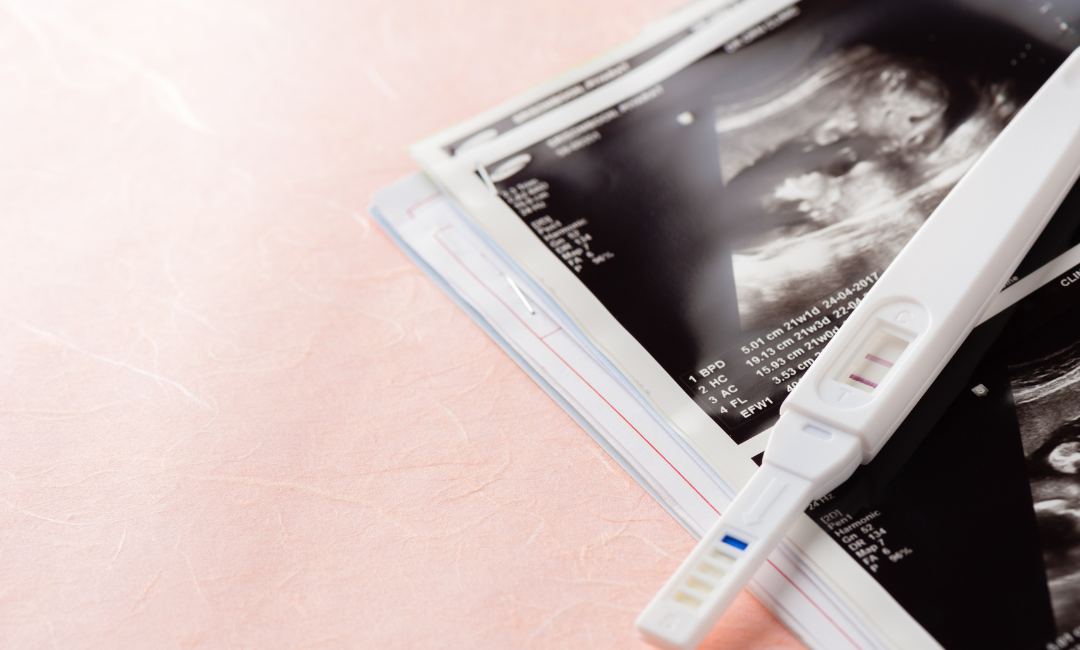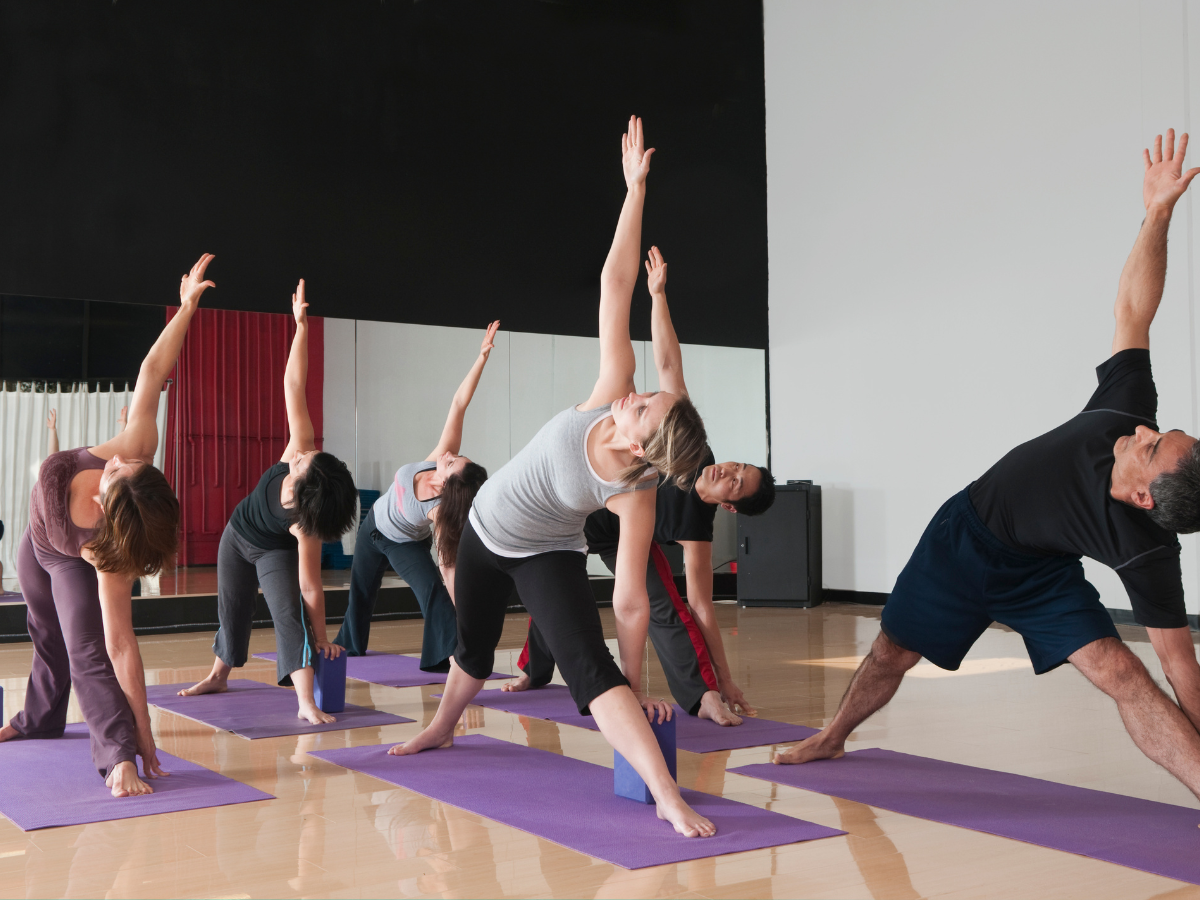Recovery from injuries frequently requires a multimodal strategy in the field of injury rehabilitation. Massage therapy is a highly advantageous but continually disregarded addition to the usual medical therapies, physical treatment, and fitness regimens. Because they treat the mental as well as the physical components of injuries, the therapeutic touch of trained massage professionals is essential in restoring rehabilitation. The vital part that injury massage therapy plays in the healing process and its ability to help heal the body and the psyche are discussed in this article.
Realizing Massage’s Healing Capability
To relieve pain, ease tension in the muscles, and improve general health, massage therapy is an age-old method of treating soft tissue injuries to the body. Massage therapy has many advantages when it comes to the healing of injuries. Improved circulation makes it easier for wounded tissues to receive nutrients and oxygen and helps to eliminate waste. This is one of its main functions. The quicker recovery procedure and reduced pain are attributed to this better blood flow.
Higher Versatility and Range of Action
Decreased flexibility and limited range of motion are common outcomes of injury. The higher range of motion is encouraged by massage therapy’s ability to dissolve scar tissue, adhesions, and knots in the muscles. For people suffering from injuries to their tendons, ligaments, or joints, this is especially important. A more rapid and efficient recovery is promoted by the muscles’ increased pliability, which makes it easier for people to perform therapy exercises.
Control of Pain and Tension in Muscles
Pain and tense muscles are common outcomes of injuries. Endorphins, the body’s natural analgesics, are released during massage therapy, which helps with these problems. Additionally, qualified massage therapists target certain areas of tension and pain using a variety of techniques like trigger point therapy, deep tissue massage, and myofascial release, among others. via more comfortable development via recovery exercises, people can experience less discomfort thanks to this focused approach.
Partnership with All-Inclusive Recovery Programs
The best results from massage treatment come from a comprehensive rehabilitation program that includes it. Treatment is customized to the patient’s unique needs and type of injury thanks to the collaborative efforts of massage therapists, physical therapists, and medical professionals. There needs to be communication between these medical providers. Creating a thorough plan that takes the healing process’s short- and long-term goals into account is advantageous.
Reduction of Stress and Economic Recovery
Emotional and mental aspects are just as much a part of the healing process as physical ones. It can be mentally exhausting to deal with pain and the obstacles to recovery. By easing tension and encouraging relaxation, massage therapy offers a comprehensive approach. A massage’s loving and tactile qualities aid in reducing emotional strain and promoting general well-being. Maintaining devotion to the recovery procedure requires a positive perspective, which can be fostered with the help of this emotional alleviation.
Last Thoughts
Body massage therapy shows itself to be a helpful ally in the quest for renewing healing. It is a comprehensive and successful part of injury rehabilitation because of its capacity to alleviate physical discomfort, improve circulation, and foster emotional well-being. Not only can the use of massage therapy in complete rehabilitation programs expedite the healing process, but it also enhances the general well-being of the individual. As we look into cutting-edge healthcare techniques, accepting the healing potential of massage therapy is a step toward a more comprehensive and patient-centered approach to rehabilitation.















